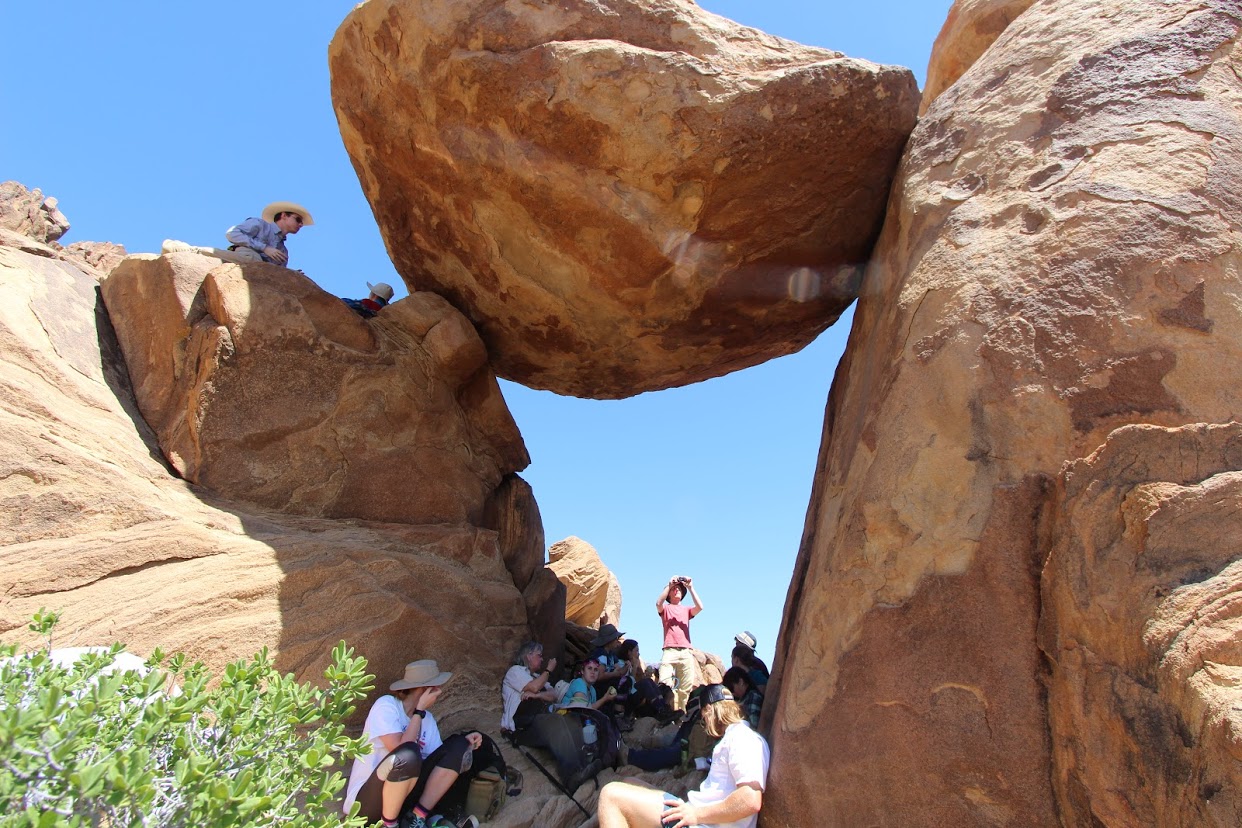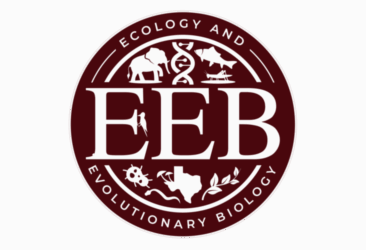
EEB Ph.D. Program

Introduction
The Ph.D. program in Ecology & Evolutionary Biology (EEB) at Texas A&M University is soliciting exceptional applicants for a Fall start date.
As one of the largest and most productive EEB faculties in North America, we offer a world-class training program that incorporates the various fields relevant to EEB, ranging from evolutionary genomics to animal behavior to landscape ecology. Students embark on research with an identified faculty sponsor on arrival and spend the first academic year taking a sequence of EEB core courses.
Degree InformationOpportunities
EEB is committed to bringing together a varied array of backgrounds and a multitude of research interests to form its community of scholars. All are welcome to apply.
EEB and TAMU offer ample opportunities for professional development, including weekly EEB seminars, journal clubs, the annual Open Source for Open Science (OSOS) computational workshop, certificates, and the annual Ecological Integration Symposium (EIS). Additionally, EEB and TAMU offer opportunities for social interactions and outreach through Darwin Day, organizations, and EEBISO.
TAMU EEB faculty and their graduate students conduct field research around the world, including the Soltis Center in Costa Rica and the Amazon Field School in Peru. Students also have access to field and experimental laboratories across the state of Texas. The TAMU campuses in College Station and Galveston offer state-of-the-art research facilities including core facilities for genomics, microscopy, and stable isotopes; supercomputing and computing cluster facilities; and internationally-renowned biological collections.
College Station/Bryan is a diverse, cosmopolitan college town in the post oak savanna of central/east Texas. The cities of Austin and Houston and their international airports are about 1 ½ hours away.
IMPORTANT: For full consideration, applications for Fall must be received by December 1. Applications received after the deadline will not be evaluated unless there is a special circumstance. Please contact the EEB GRAC Chair (Past Chair) for further assistance.